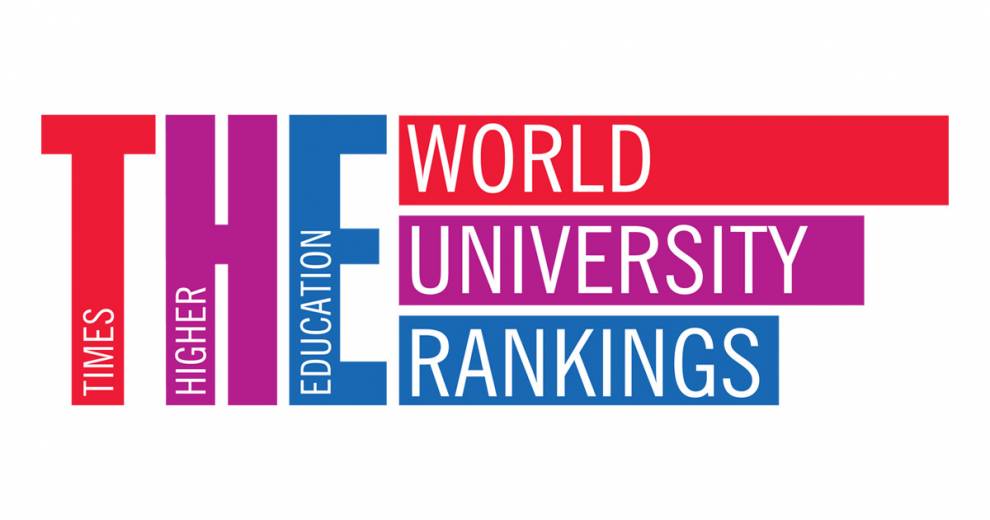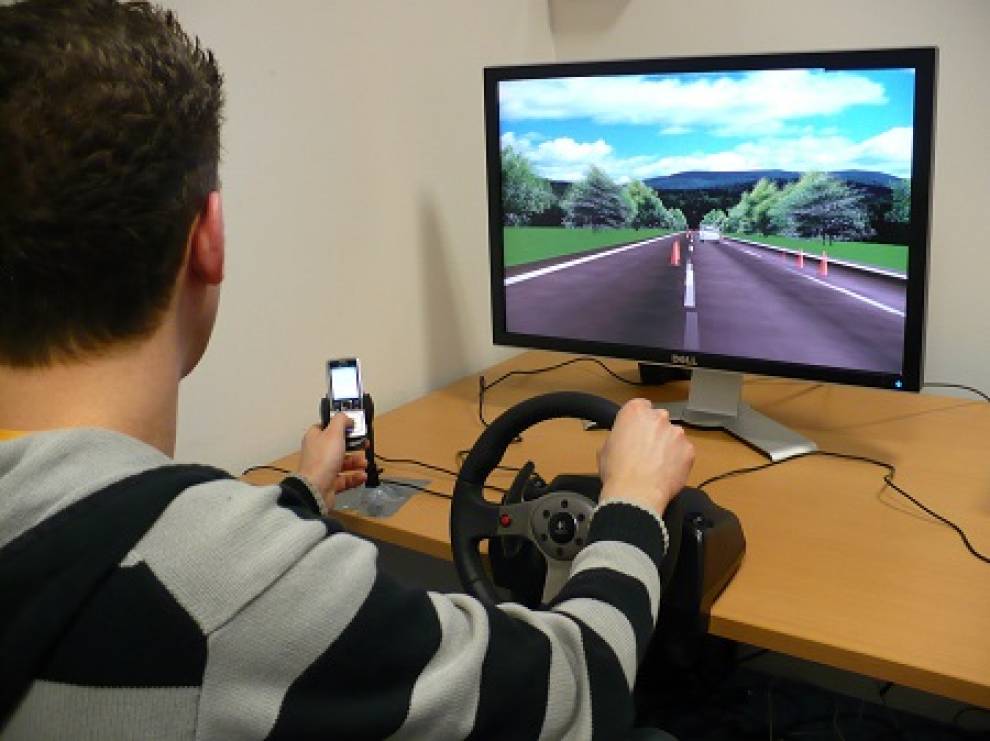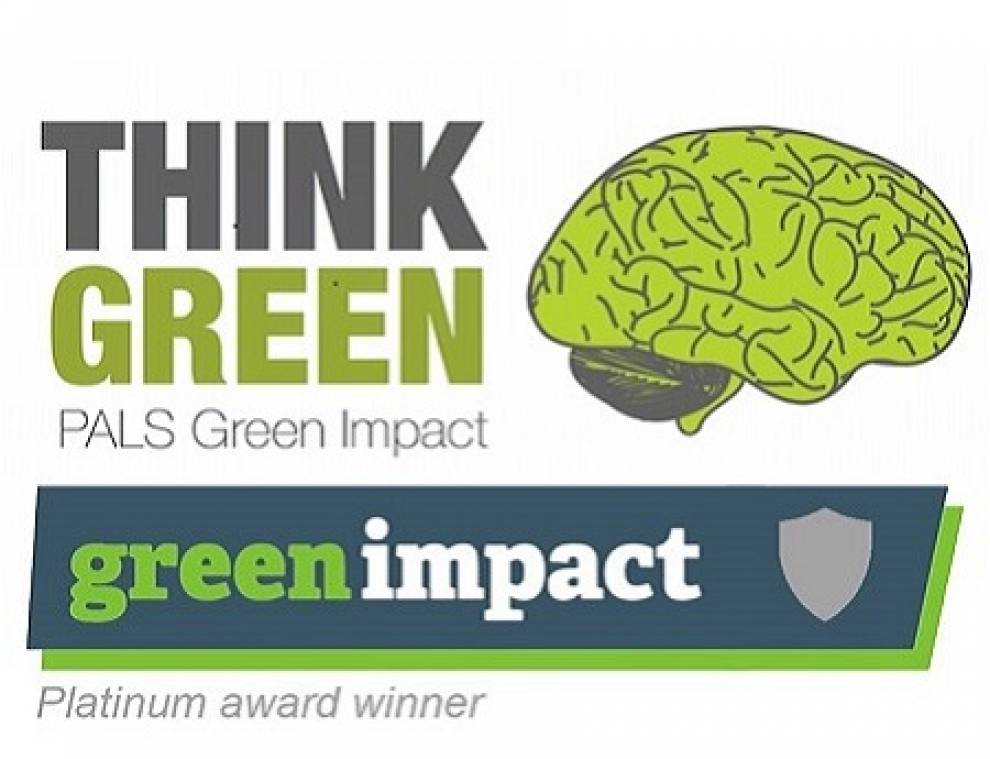New Model Predicts When Consumers are Willing to Try New Products
16 January 2017
A new model that predicts when shoppers are most likely to try different products has been developed by scientists in the Division of Psychology and Language Sciences, and could aid public health initiatives encouraging healthier product choices.
The research team, who worked with customer science company Dunnhumby, analysed anonymous purchasing data from over 280,000 shoppers who regularly bought items in six categories: beer, bread, coffee, toilet paper, washing detergents and yogurt.
"We developed a model to predict when somebody is ready to try a new product, such as switching from one brand to another," says Professor Brad Love (Experimental Psychology), senior author of the study.
"Our model shows that the more people purchase a product, the more likely they are to continue to do so, until they reset the cycle by exploring a new product. To test our theory in the real world, we sent coupons to thousands of people and used the model to predict who would use them. The model worked - people who had recently switched brands were twice as likely to use the coupons to try a new product."
These new findings, published in Nature Human Behaviour, are contrary to previous research which found the opposite consumer pattern - the longer someone chose to receive a reward of a known value, the more likely they are to choose an uncertain reward the next time. The new research shows that this is different with subjective rewards, where choices drive preferences rather than preferences driving choices.
"One way to see it is that someone who drives a BMW becomes a BMW person rather than 'BMW people' buying BMWs," explains Professor Love. "People might like to reflect on why they like certain products and be wary of buying the same brand out of habit. If you're trying to start healthier habits in the New Year, my advice would be to stick with something consistently at the start so you'll be more likely to keep it up in future.’
 Close
Close





